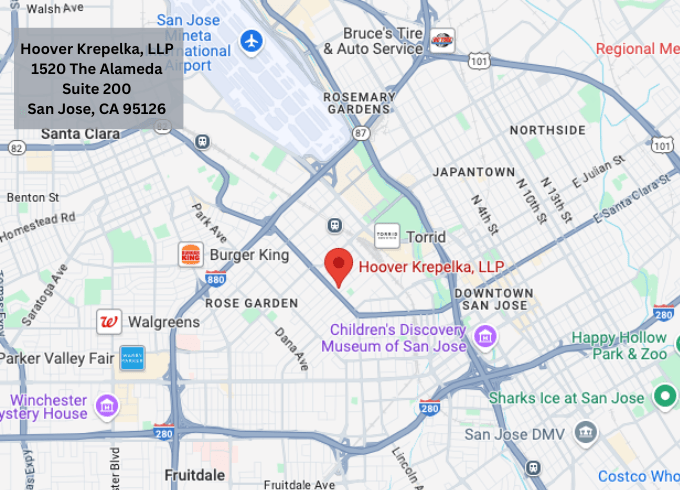When one spouse files for divorce in a high-income or high-asset household, they might request spousal support. California courts may grant alimony (spousal maintenance) for dependent spouses both during and after a divorce.
You may recognize that your ex needed help immediately after the divorce because they hadn’t worked in years. Still, you may find yourself wondering how long you will have to continue paying support. When is it possible to ask the courts to end your support obligations to your spouse after a divorce?
Your income decreases
If you have had to accept a decrease in your wages or lost your job and had to take a lower-paying one, the amount of support originally ordered in your divorce may no longer be feasible with your current income. While the courts may not terminate your support, they may agree to lower it to reflect your current income.
Your spouse remarries or achieves financial independence
Maybe your spouse hit it big at the casino and now has a nest egg that they can live off of for the rest of their life. Perhaps they finally got a great job after years of working in lower-paying, entry-level positions. It’s also possible that they got remarried and no longer have any need for financial assistance because their new spouse can help support them. When your spouse no longer has a financial need for support, this can justify your request to terminate it.
Your spouse has intentionally avoided financial independence
Maybe your ex will come right out and say that they will keep working in a part-time job indefinitely so that you have to keep paying them support. It’s also possible that they haven’t even tried to re-enter the workforce or improve their situation.
If you can demonstrate that your ex has not made a reasonable effort to support themselves and has instead used the alimony order to avoid responsibility for themselves, the courts may consider terminating the support order in that situation as well.
Talking about your circumstances and your concerns in depth with your attorney can help you explore whether or not a support modification is possible in your case.






